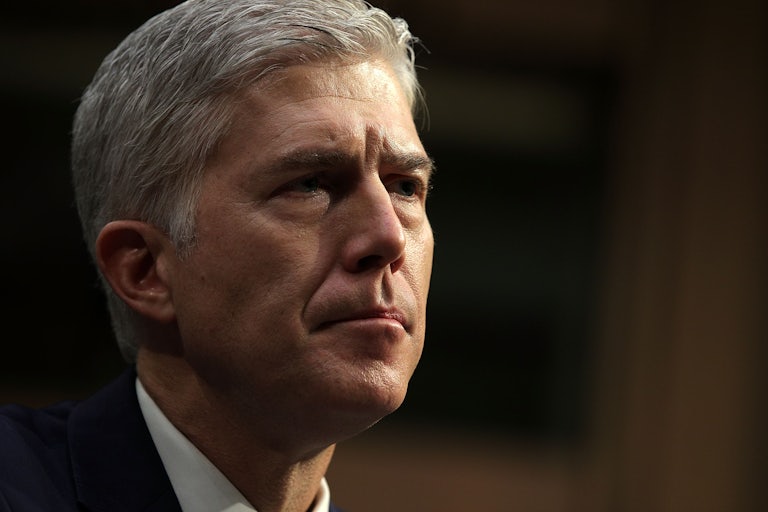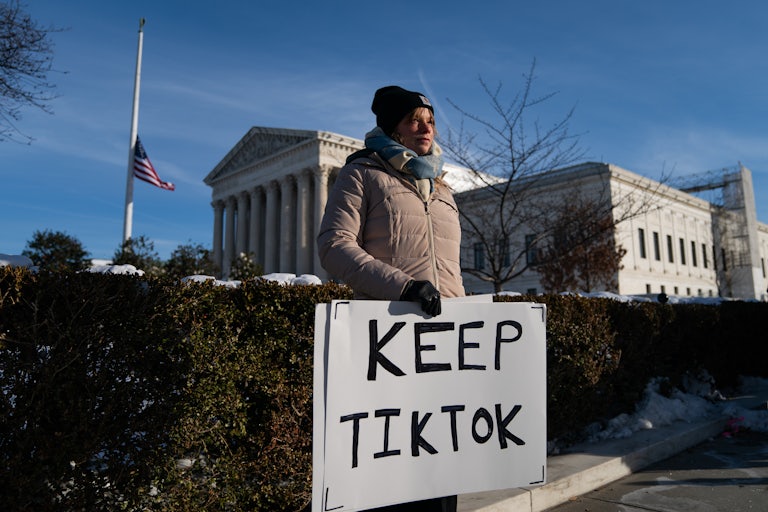Trump Jr.’s Greenland Visit Suddenly Gets Even More Embarrassing
New reports shed light on how exactly Donald Trump Jr. got all those “MAGA fans” in Greenland to show up to his visit.

More details are emerging about Donald Trump Jr.’s trip to Greenland, and it’s looking a lot worse than previously thought.
The Guardian reports that when Trump Jr. visited the upscale Hotel Hans Egede for lunch, the “fans” wearing MAGA hats with him were actually homeless people picked up off the street who were promised a free lunch and didn’t find out who Trump was until later.
Trump Jr. “had just met them in the street and invited them for lunch, or his staff did. But I don’t think they knew who they were inviting,” said the hotel’s chief executive, Jørgen Bay-Kastrup.
“That of course was a little bit strange to us because we saw guests that we have never seen in our hotel before—and will probably never see again because it’s out of their economical means,” Bay-Kastrup added. “They were just, ‘Hey, somebody invited us for lunch, let’s go and join him.’ I think they found out later who it was.”
One student who joined the photo op at the hotel, Malik Dollerup-Scheibel, told The Wall Street Journal the experience was “very weird.” He now regrets taking part, saying he only wanted free beer and to meet a famous American. He believes Trump’s visit appeared to be a stunt to convince MAGA supporters that Greenland’s people want the U.S. to take over the island.
“This is probably the most shameful thing I own,” Dollerup-Scheibel said, holding up the MAGA hat he was given. He didn’t expect to have his face circulating on social media.
Trump’s visit led to some American YouTubers showing up on the island handing out $100 bills and “Make Greenland Great Again” hats. While some young people gleefully exchanged the money for Danish kroner and headed for bars, others were less enthused. One man ripped up a bill and stomped on the red baseball cap, according to The Wall Street Journal. It appears the island’s residents aren’t that keen on President-elect Trump or his threats to seize their homeland.








